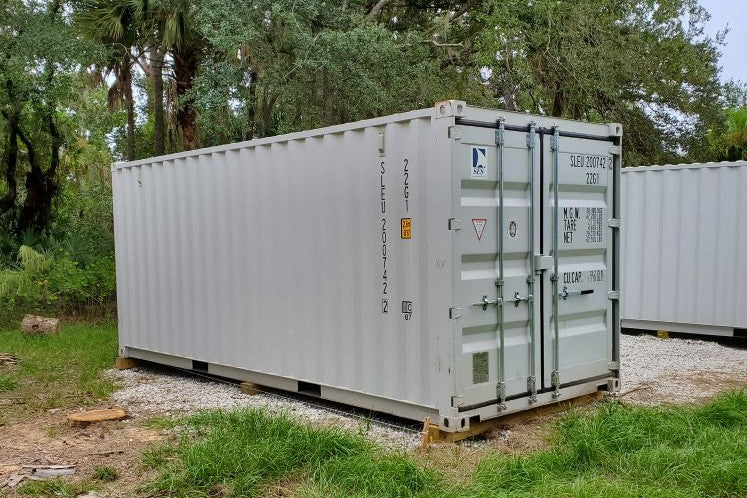Unlocking the Potential of Bulk Container Shipments: A Comprehensive Guide

Bulk container shipments play a crucial role in global trade, enabling the efficient transportation of large quantities of goods across vast distances. Understanding the intricacies of bulk container shipments is essential for businesses involved in international trade. In this comprehensive guide, we will delve into the concept of bulk container shipments, explore their benefits and challenges, and provide practical insights for optimizing this mode of transportation.
- What are Bulk Container Shipments?
Bulk container shipments refer to the transportation of goods in large, standardized containers, typically made of steel or aluminum. These containers are specifically designed to handle bulk cargo, such as grains, liquids, chemicals, and ores. Unlike traditional shipping methods, bulk container shipments offer a cost-effective and streamlined approach to transporting large volumes of goods. - Benefits of Bulk Container Shipments:
2.1 Cost Efficiency:
Bulk container shipments offer significant cost advantages compared to other transportation methods. By consolidating large quantities of goods into a single container, businesses can reduce handling, packaging, and transportation costs. Additionally, the standardized nature of bulk containers allows for efficient loading and unloading processes, further optimizing costs.
2.2 Enhanced Security:
Bulk containers provide enhanced security for goods during transit. These containers are designed to withstand harsh weather conditions, protect cargo from theft, and minimize the risk of damage. Moreover, the use of seals and tracking technologies ensures the integrity and traceability of the shipment, providing peace of mind to both shippers and recipients.
2.3 Simplified Logistics:
Bulk container shipments simplify the logistics process by eliminating the need for individual packaging and handling of goods. This streamlines the supply chain, reduces the risk of errors, and accelerates the overall transportation process. Additionally, the standardized dimensions of bulk containers enable seamless integration with various modes of transportation, including ships, trains, and trucks.
- Challenges and Considerations:
3.1 Cargo Compatibility:
One of the key challenges in bulk container shipments is ensuring cargo compatibility. Different types of bulk cargo require specific container specifications, such as ventilation systems for perishable goods or specialized linings for hazardous materials. It is crucial for businesses to understand these requirements and select the appropriate containers to ensure the safety and integrity of the cargo.
3.2 Handling and Storage:
Bulk container shipments often involve the use of specialized equipment for loading and unloading cargo. Businesses must invest in the necessary infrastructure, such as cranes or conveyor systems, to handle bulk containers efficiently. Additionally, proper storage facilities must be available at the destination to accommodate the bulk cargo until further distribution or processing.
- Optimizing Bulk Container Shipments:
4.1 Efficient Packaging and Stowage:
To maximize the utilization of bulk containers, proper packaging and stowage techniques are essential. Goods should be packaged in a way that minimizes wasted space and ensures stability during transit. Utilizing advanced stowage planning software can help optimize container space and improve overall efficiency.
4.2 Collaboration and Consolidation:
Collaboration among multiple shippers can lead to significant cost savings and improved efficiency in bulk container shipments. By consolidating shipments with compatible cargo, businesses can achieve economies of scale and negotiate better rates with carriers. Additionally, sharing container space can reduce the environmental impact associated with empty container movements.
4.3 Technology Integration:
Leveraging technology solutions can greatly enhance the management of bulk container shipments. Real-time tracking systems, IoT-enabled sensors, and data analytics tools can provide valuable insights into shipment status, optimize route planning, and enable proactive risk management. Embracing digitalization can lead to improved visibility, efficiency, and decision-making in bulk container logistics.
Conclusion:
Bulk container shipments offer a multitude of benefits for businesses engaged in international trade. By understanding the concept, benefits, and challenges associated with bulk container shipments, companies can optimize their logistics strategies, reduce costs, and enhance overall operational efficiency. Embracing technological advancements and adopting best practices will unlock the full potential of bulk container shipments, enabling businesses to thrive in the global marketplace.